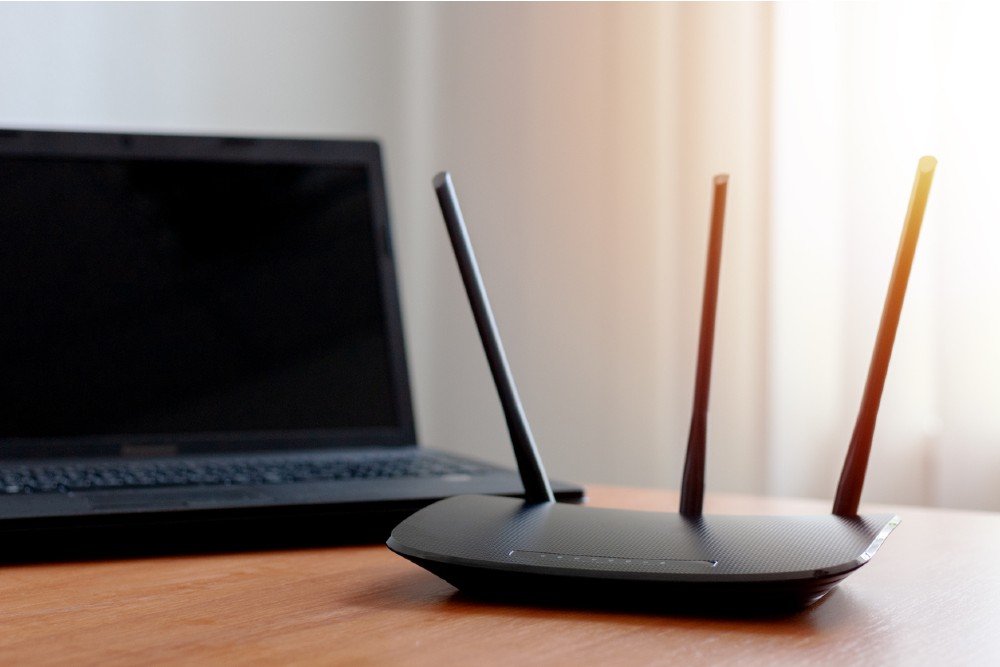In today’s fast-paced business environment, a reliable Wi-Fi connection is essential for productivity and success. With the increasing demand for connectivity and speed, businesses are constantly seeking ways to maximize their office Wi-Fi velocity. In this article, we will explore the key strategies and best practices for optimizing Wi-Fi connectivity and speed in the office environment.
Understanding the Importance of Wi-Fi Velocity

In the modern workplace, Wi-Fi has become the backbone of communication and collaboration. From accessing cloud-based applications to conducting video conferences, a fast and stable Wi-Fi connection is crucial for maintaining seamless operations. Slow or unreliable Wi-Fi can lead to productivity bottlenecks and frustration among employees.
Assessing Your Current Wi-Fi Infrastructure

Before implementing any changes or upgrades, it’s important to assess your current Wi-Fi infrastructure. This includes evaluating the coverage area, signal strength, and potential sources of interference. Conducting a thorough assessment will help you identify areas for improvement and develop a targeted plan for enhancing Wi-Fi velocity.
Upgrading to the Latest Wi-Fi Technology

Technology in the field of Wi-Fi is constantly evolving, with new standards and protocols being introduced to improve speed and reliability. Consider upgrading your office Wi-Fi network to the latest technology, such as Wi-Fi 6, which offers significant improvements in speed, capacity, and performance, especially in high-density environments like offices.
Optimizing Wi-Fi Coverage and Placement

The placement of Wi-Fi access points plays a critical role in determining coverage and signal strength. Ensure that access points are strategically placed throughout the office to provide uniform coverage. Avoid placing access points in areas with high interference, such as near microwaves or cordless phones, as this can degrade performance.
Implementing Quality of Service (QoS) Policies

Quality of Service (QoS) policies can help prioritize traffic on your Wi-Fi network, ensuring that critical applications and services receive the necessary bandwidth. By implementing QoS policies, you can optimize Wi-Fi performance for mission-critical activities like VoIP calls or video conferencing while maintaining a consistent user experience for other applications.
Securing Your Wi-Fi Network

Security is a crucial aspect of any Wi-Fi network, especially in an office environment where sensitive data is often transmitted over the network. Implement robust security measures such as WPA3 encryption, strong passwords, and regular security updates to protect your Wi-Fi network from unauthorized access and cyber threats.
Monitoring and Maintenance

Regular monitoring and maintenance are essential for ensuring optimal Wi-Fi performance. Use network monitoring tools to track performance metrics such as signal strength, throughput, and latency. Perform regular maintenance tasks such as firmware updates and equipment checks to keep your Wi-Fi network running smoothly.
Conclusion, maximizing office Wi-Fi velocity is crucial for enhancing productivity and enabling seamless communication and collaboration. By understanding the importance of Wi-Fi velocity, assessing your current infrastructure, and implementing best practices such as upgrading to the latest technology, optimizing coverage and placement, implementing QoS policies, securing your network, and regular monitoring and maintenance, you can ensure that your office Wi-Fi network delivers the speed and reliability your business needs to thrive in today’s digital age.
Business Wi-Fi Network Monitoring Network Security Office Connectivity Office Productivity QoS Policies Speed Wi-Fi Maintenance Wi-Fi Technology Wi-Fi Velocity
Last modified: December 29, 2023

















